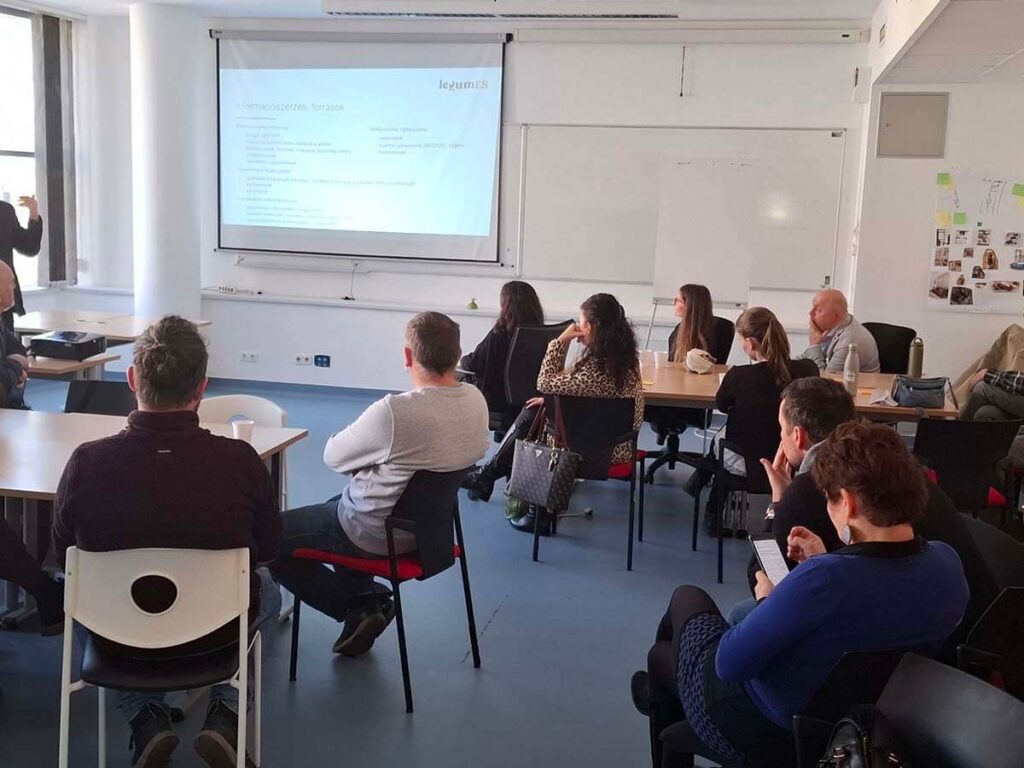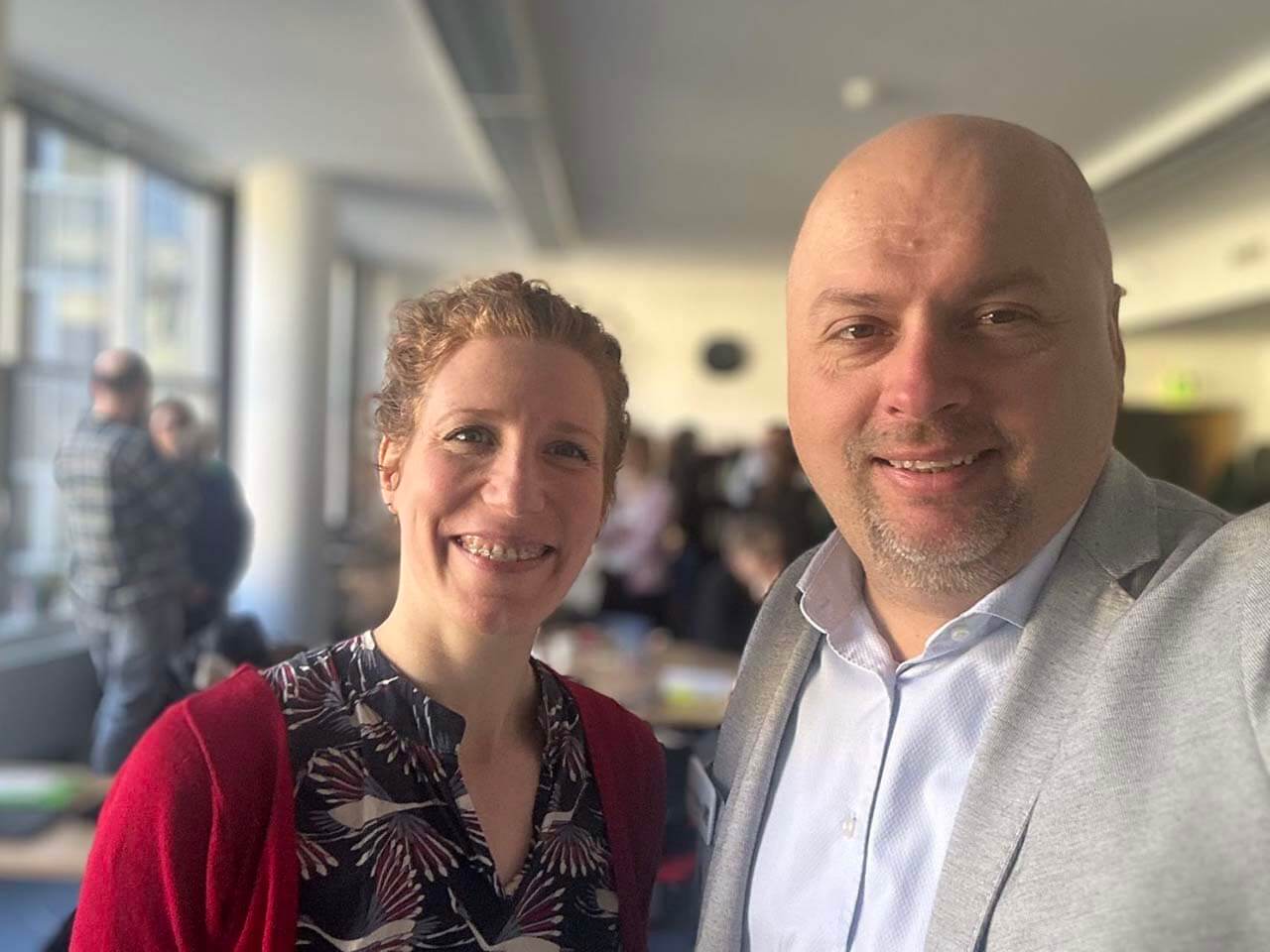
A sustainable future with pulses – Report from the LegumES workshop
On 11 February, we participated in a workshop on the current issues of the domestic pulse value chain, organised by the ESSRG and Agri Kulti in the framework of the LegumES project. The event took place at the CEU Nádor Street building, where experts, farmers, researchers, caterers and government officials gathered to reflect on the future of sustainable agriculture and food.
The LegumES project and its objectives
The LegumES project aims to develop practical methods and tools to support the production and use of leguminous crops. Its aim is to promote best agricultural practices and explore the environmental and socio-economic benefits of legumes. Two key elements of the project are the involvement of farmers and other stakeholders, and
strengthening the role of pulses in the food system and in sustaining ecosystems.
Main topics of the workshop
The workshop was organised around three main themes: economic, cultural-social and environmental benefits. Participants worked together interactively to identify the factors they considered most important. Stakeholders from different sectors – ministry representatives, farmers, researchers and businesses – agreed and were all interested in the need for pulses to be increasingly mainstreamed into food systems.
Broken down into the three main themes, these benefits were presented in a non-exhaustive manner:
1. Economic benefits – We discussed the role of pulses in the domestic agriculture and food industry and the opportunities they offer farmers.
Among the aspects that were highlighted by the professionals involved were: pulses do not require much care after sowing; they have a good shelf life; they are easy to transport; they can be sold profitably in small quantities; and there is a high demand for the domestic crop. In addition, many also identified as a primary economic advantage the fact that their consumption would also significantly reduce health costs due to their high fibre content.
2. Cultural and social benefits – In addition to the importance of pulses for gastronomy and public catering, there was also discussion on how to promote their consumption and their inclusion in the daily diet. In Hungary, the cultural past of pulses is still preserved in folklore, with the words “chickpeas, beans, lentils…”, so we do not need to go back far to revive and bring their consumption closer to the people.
During the joint work, a large majority of the participants voted for the benefits of pulses, such as being healthy, filling, a source of nutrients that can be well utilised; a significant and sustainable protein alternative; and a promoter of new gastronomic trends and diets.
3. Conservation, environmental benefits – The contribution of pulses to soil regeneration, biodiversity enhancement and combating climate change is highlighted. In addition, some varieties are drought tolerant and therefore resistant to weather conditions.
Participants also agreed that legumes are well adapted to crop rotation, improve yields, support agrobiodiversity, have a lower climate impact than other crops and are a direct source of protein, so their value chain is short.

Why are consumers averse to legumes?
In addition to the joint workshop, we also heard presentations that brought together important aspects such as:
Why people are averse to pulses in terms of consumption:– they are not familiar with varied preparation methods and easy cooking techniques – traditional Hungarian cuisine based on pulses has become obsolete – the traditional traditional legumes are not traditionalThere are positive domestic trends, e.g. the National Association of Hungarian Dietitians refers to pulses as a sustainable food and in their Smart Plate recommendation they refer to pulses as an appropriate source of protein; with the consumption of sprouts, the spread of vegetarian or plant-based diets and the increase in the number of people consciously avoiding processed products, more and more people are eating them.
The next steps in the promotion of legumes
The results of the workshop will be published shortly by the organisers, who will also draw up a solution plan based on the suggestions of the participants. The aim is to further promote the production and consumption of pulses as a contribution to sustainable food systems.
Thank you to the organisers for inviting us! We had a meaningful and inspiring event. The LegumES project is an excellent example of how we can work together to shape a more sustainable, plant-based future.